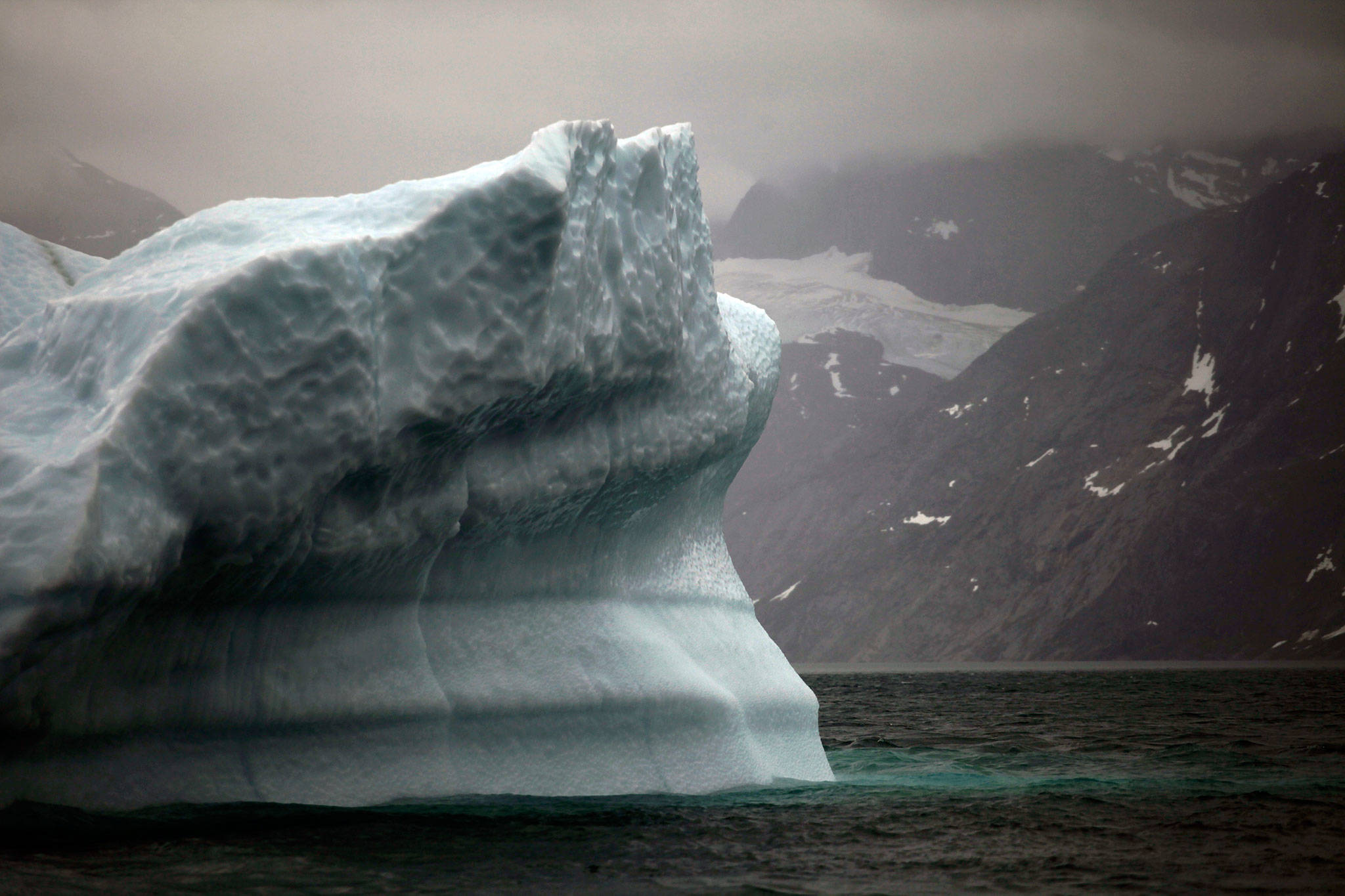By The Herald Editorial Board
That President Trump dismissed the National Climate Assessment — a periodic report on the expected impacts and costs of climate change for the nation in coming decades, compiled by outside scientists and staff from 13 federal agencies — with a dumbfounding “I don’t believe it,” makes clear that the nation will see no leadership on this issue from the White House for at least the next two years.
What the president refuses to acknowledge and what his administration attempted to minimize by timing the assessment’s release for the Friday after Thanksgiving is a warning klaxon that the impacts from climate change are not somewhere out on the horizon but have arrived on our shores as intensified hurricanes and in our states as devastating wildfires.
No scientist will blame climate change for hurricanes, wildfires and other disasters themselves, but the report finds it undeniable that global warming has meant those impacts “have already become more frequent, intense, widespread or of long duration.” Damaging weather events, such as recent hurricanes and wildfires, have cost the nation $400 billion since 2015, the report says.
Added to other impacts on the economy, the assessment finds that annual costs to the nation could soon reach more than $100 billion a year.
Yet we need not waste breath with continued efforts to convince Trump and others who deny in the face of scientific fact the part played by the burning of fossil fuels and other human activities in climate change. With numerous studies cited, the report lays 90 percent of the current warming trend at the feet of humans.
It would be preferable to move ahead with the leadership of the president as part of a coalition of other international leaders. That avenue is lost for now, but we have a state, counties and local communities and shared natural resources that need our attention and protection now.
And an effort is moving ahead in Washington state to do that.
The Association of Washington Cities and its Center for Quality Communities are advancing a plan originally drafted by Everett City Council member Paul Roberts to grow a “green economy” in the state by drawing on the expertise and resources of the state’s cities, industries, utilities, state agencies, universities and others to respond to the challenges presented by climate change. The effort is intended to foster development of technologies and solutions along two tracks: Those that seek to reduce carbon emissions and those that focus on how to adapt to a changing climate and mitigate its impacts.
A draft road map for the “Eco-nomic” plan will be presented next month to the Puget Sound Regional Council, a participant in the project, along with the cities of Arlington, Everett, Marysville, Seattle, Spokane and Tacoma; Puget Sound Energy; the Snohomish Economic Development Alliance; Snohomish and King County Master Builders; the Clean Tech Alliance; and the University of Washington and Washington State University, among others.
Specific proposals will follow, but the road map outlines four main areas where the state is best positioned to develop strategies, Roberts said last week: energy, water, agriculture and forestry, and building materials.
All four offer opportunities for development in the state, he said, but in particular technologies and strategies for energy and water may be the most promising. Roberts doesn’t see the state becoming a leader in the development of solar and wind technology — where others have a head start — but there are opportunities to develop technology for energy efficiency, smart grids, storage and infrastructure, work that already is underway among higher education, utilities and the information technology industry that the state is fortunate to host.
Regarding water, while water sources differ among individual locations, how water is used for supplying homes, irrigation, industry and wastewater is more standardized and primed for solutions that could increase efficiencies, promote recycling and deliver reliable supplies.
Much of the work won’t need to start from scratch; it’s already under development and research by industries and higher education, Roberts said. But partnerships need to be further developed and strengthened and individual developments will need financial support from industry and government.
From the road map will come next steps that will look to launch projects and partnerships to continue development of these technologies and seek investments from public and private sources.
We often believe that the solutions to climate change carry too great a cost or require changes in how we live our lives.
Yet, most of us are in general agreement about our climate change concerns. A phone survey near the Nov. 6 general election found that 73 percent of Washington voters said they were “very or somewhat concerned” about climate change. But when provided a solution to climate change in the form of Initiative 1631, which would have charged a fee for carbon emissions, state voters balked and rejected the ballot measure 57 percent to 43 percent, largely on fears that it would increase gas and energy costs.
As the impacts of climate change continue to add up in the costs of rebuilding communities after disaster, addressing health crises and adapting our lives to climate change itself, we are likely to find we are paying one way or the other.
But there are solutions offered in growing a green economy that could help limit those costs and impacts while developing new technologies that save our environment and resources, support jobs and improve our lives.
Talk to us
> Give us your news tips.
> Send us a letter to the editor.
> More Herald contact information.

























